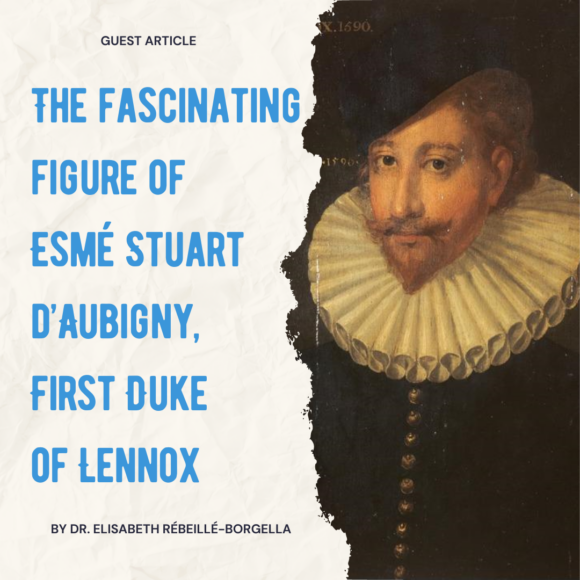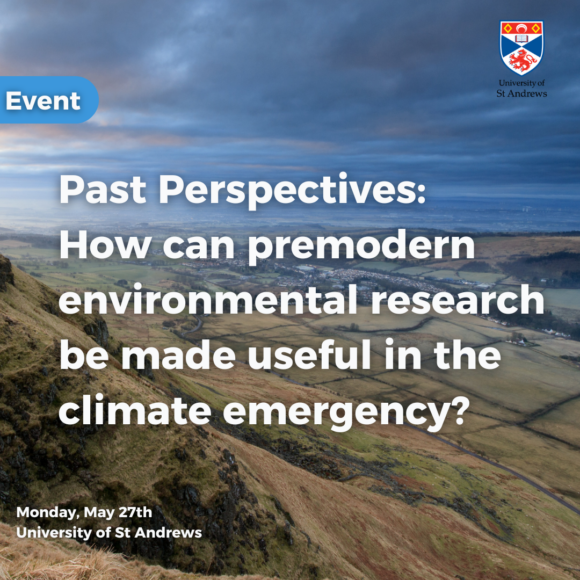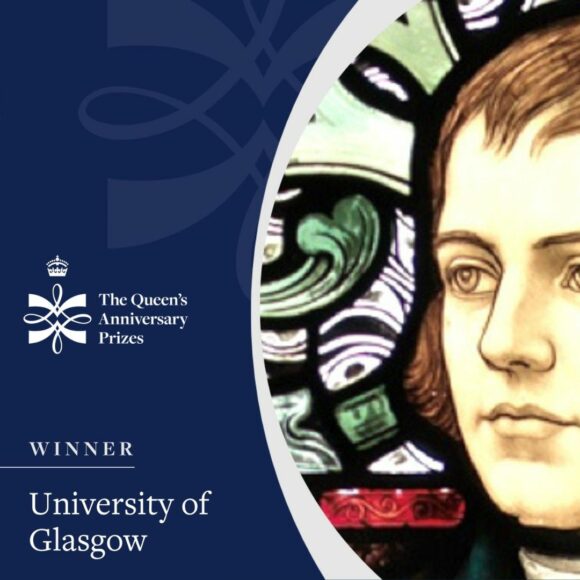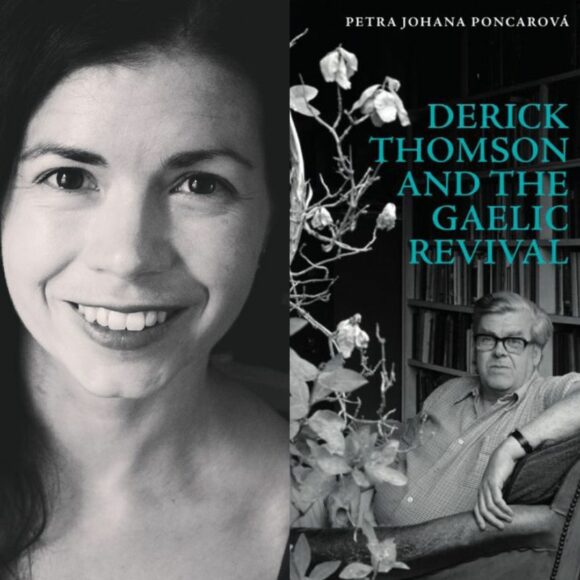Sir Walter Scott is one of Scotland’s most significant figures and is famous all around the world. His works, from novels to poetry, play a crucial part in how the world sees Scotland and how Scotland views itself, not just in the literary world but even in our day-to-day life in 2023 – over 250 years after his death.
- The very first bestselling author
Scott was recognised throughout Europe as the father of the novel – ‘notre pere Walter Scott’ as Victor Hugo put it, and for many good reasons! Scott’s novel Waverley is the very first international best-seller. The book was published in July 1814, and by the end of that same year it sold four thousand copies and was translated into several foreign languages during Scott’s lifetime.
- Roads, railways and resting places
The novel’s mark is still very visible, not just in university curricula or your local library’s shelves but in the very heart of Edinburgh. The main railway station is called Waverley and it is the only railway station anywhere in the world to be named after a novel. Scott’s work did not only provide the name for Edinburgh’s main train station. His poem The Lady of the Lake was so popular that a road had to be built to take coaches to Loch Katrine to see the scenery described in it. New inns and a railway eventually followed.
- Neologisms
His work did not just lead to new infrastructure and their names. Through his work, Scott introduced many words and phrases into the English language, such as ‘the back of beyond’, ‘blood is thicker than water’, ‘caught red-handed’ and ‘tongue in cheek’.
- Musical inspiration
You most likely will have come across Schubert’s Ave Maria, have you ever wondered where the inspiration came from? Scott’s work is behind that too! The words come from The Lady of the Lake. And that’s not all, the tune ‘Hail to the Chief’, played at the inauguration of the presidents of the USA, is also taken from The Lady of the Lake.
- Indiana JonesWalter Scott and the lost crown jewels
Scott’s memorable achievements are not confined to the literary world. On 4 February 1818, Scott led a party to rediscover Scott’s lost crown jewels, also known as the Honours of Scotland. These had been hidden for safekeeping during Cromwell’s invasion, but Scott rediscovered them in a chest in Edinburgh Castle. They are the oldest crown jewels in Britain.
- pReSidEnt
Walter Scott was the third ever President of the Royal Society of Edinburgh and remained in the role for 12 years.
One of the rooms in the historical RSE building is named after him and is available for hire. Scott *allegedly* loves to cast a discerning eye over guests’ discussions, dinners and training sessions.
We’d like to thank Professor Alison Lumsden (University of Aberdeen) for providing some of her favourite fun facts on Walter Scott.
Professor Lumsden was a General Editor for the Edinburgh Edition of the Waverley Novels and is currently lead editor for the Edinburgh Edition of Walter Scott’s Poetry.
If you want to discover more on Scott, you can read his work in The Edinburgh Edition of the Waverley Novels and the Edinburgh Edition of Walter Scott’s Poetry.












